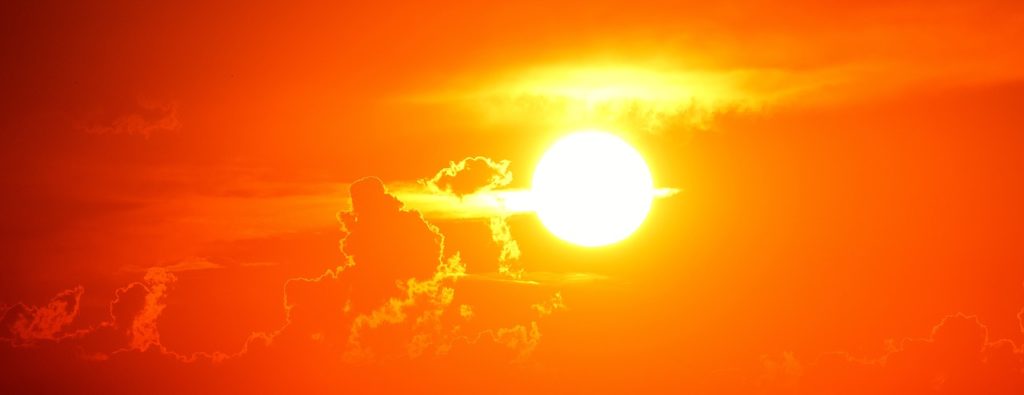The sun-filled days of Houston summer have arrived, people finally get to relax, barbecue and enjoy the warmth. While this is a fun time of year, a hidden danger lurks behind the sunshine. During the summertime, heat exhaustion can become a serious problem. While infants, the elderly and young children are the most at risk, anyone can develop heat exhaustion.
What Is Heat Exhaustion?
Heat exhaustion happens when your body cannot cool itself properly. Normally, your body sweats when you exercise a lot or spend time in hot weather. You keep sweating until your body cools down to the right temperature. If you sweat excessively, your body loses too much fluid to keep sweating. As a result of the fluid loss, you can develop heat exhaustion.
Watch for the Signs and Symptoms of Heat Exhaustion
Luckily, there are some common symptoms of heat exhaustion. Once you notice these symptoms, get out of the heat and drink extra fluids. If your heat exhaustion is severe, make sure to go to your doctor or the emergency room for medical care. The following symptoms are the most common signs of heat exhaustion.
- Headaches
- Moist, pale skin
- Fast, shallow breathing
- Sweating profusely
- Feeling unusually weak or tired
- An overly fast or weak pulse
- Stomach and muscle cramps
- Feeling faint
- Dizziness
- Nausea
- Fainting
- Vomiting
Young children are unique when they experience heat exhaustion. In general, they will experience the same symptoms, but there are two additional symptoms that children may go through. Thirst and irritability are two signs that your child might be suffering from heat exhaustion.
Since young children, the elderly and infants are unable to adjust to temperature changes as well, it is important to monitor these groups carefully. The best option is to prevent heat exhaustion from happening. Avoid being outside during the hottest hours of the day. Also, make sure that everyone drinks plenty of water to stave off heat exhaustion.
Athletes also need extra protection from heat exhaustion. Dark-colored urine is a sign that you are becoming dehydrated. If you are working out, make sure to drink plenty of water or sports drinks.
Employers can protect their workers by installing cooling fans. Workers should drink plenty of fluids and allow their body time to adjust to the heat. Staying hydrated is key to preventing heat exhaustion. In addition, workers should alternate between work and rest periods.
Heat exhaustion can be prevented by taking a few simple precautions. If you have to work in the summer heat, make sure that you follow these 10 steps.
1. Always carry water with you.
2. Drink water before exercising, working or spending a lot of time outside.
3. Wear loose clothing.
4. Learn first aid for treating heat exhaustion.
5. Avoid strenuous activities whenever possible.
6. Use a sponge bath or a shower to cool off.
7. Avoid drinking alcohol or diuretics.
8. Use a hat or a cap to shield your face from the sun.
9. Make sure that you know all of the side effects of your medications.
10. Remain inside during peak heat periods.
If someone develops heat exhaustion, make sure to move them to a shaded area. Whenever it is possible, the person should be taken into an air conditioned area. After moving the individual, lay them down and elevate their legs. Do not give them ice-cold water because this could lead to stomach cramps. Instead, loosen their clothing and give them a cool glass of water. You can sponge the individual with water or fan them to help them cool down.
Heat exhaustion might be fairly easy to treat, but it can lead to heat stroke. Since a heat stroke can quickly become lethal, call 911 or visit Sacred Heart Emergency Room in Houston, TX if the individual has a seizure, seems confused or faints. Through prevention and awareness, you can make sure that your summer remains a healthy, happy time of year.

